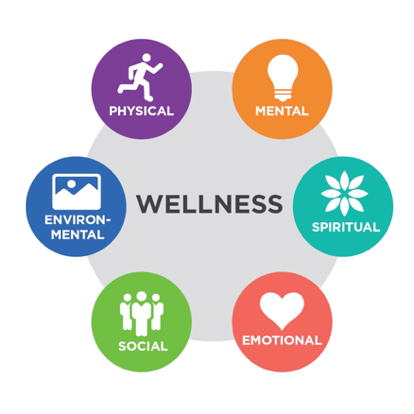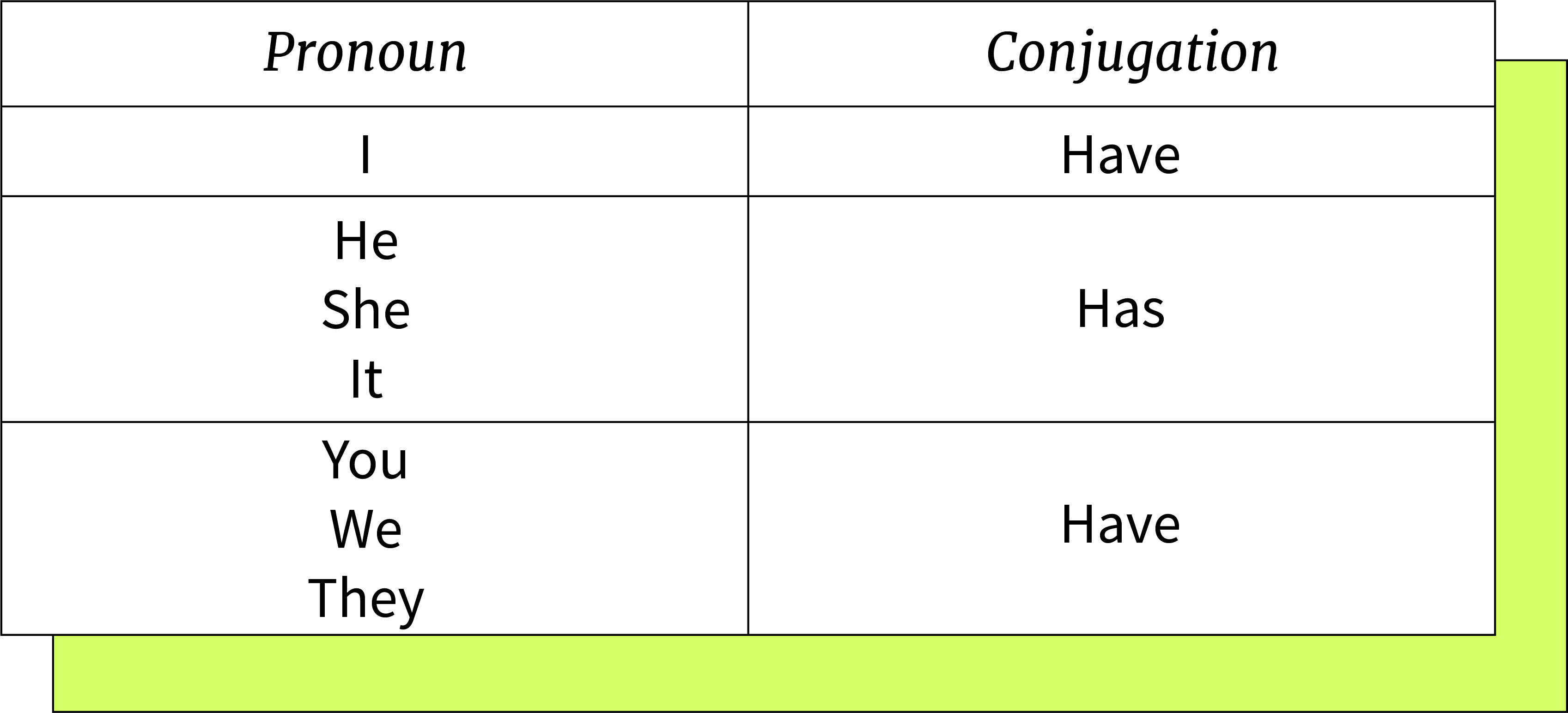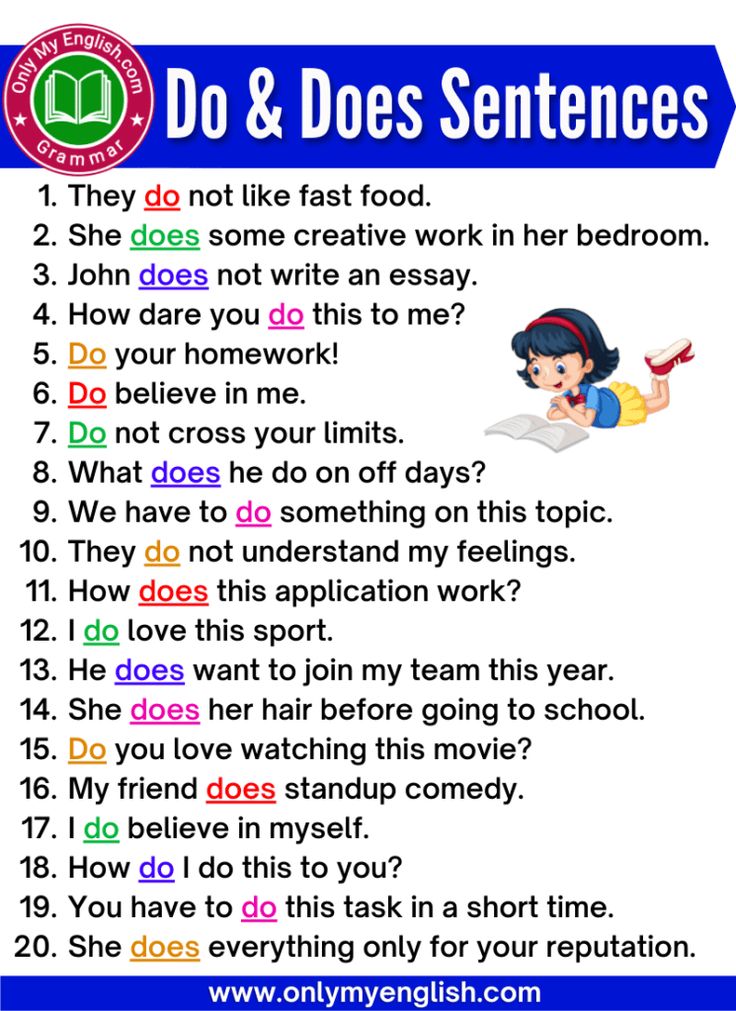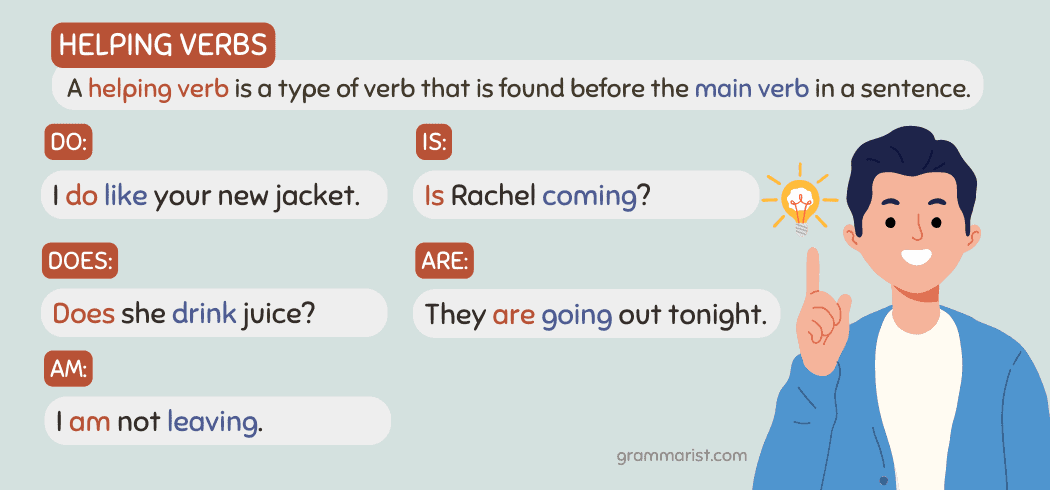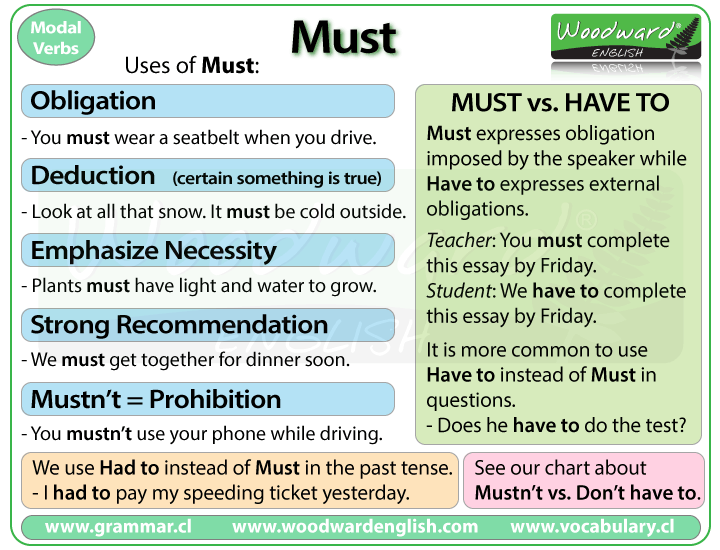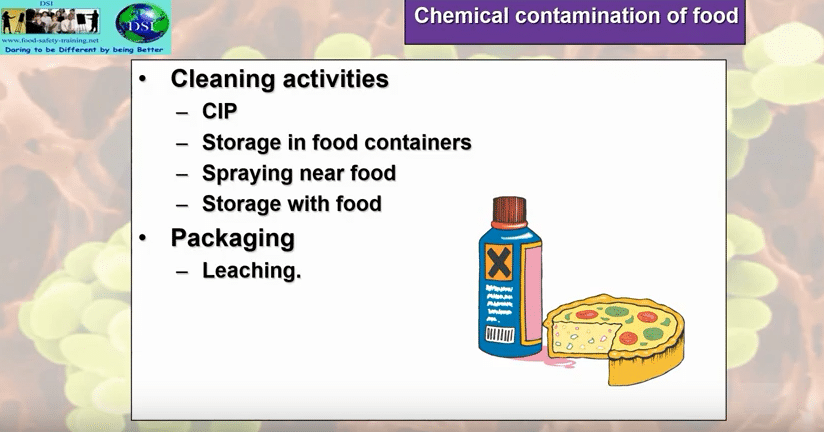Why Every Home Should Keep the Poison Control Center Number Handy
Introduction
Accidental poisonings can happen in any household, regardless of how careful you are. Each year, millions of Americans-children and adults alike-are exposed to potentially harmful substances, from medications to household chemicals and plants. In these moments, quick access to expert advice can mean the difference between a minor scare and a medical emergency. That’s why it’s a smart, proactive step to keep the number for the Poison Control Center, 1-800-222-1222 , in a visible and convenient place at home. This article explores why this simple action can have a profound impact on your family’s safety, provides real-world examples, and offers step-by-step instructions for responding to a poisoning incident.

Source: mbaskool.com
Why Immediate Access to Poison Control Is Essential
Poisoning emergencies are time-sensitive. Ingesting or coming into contact with harmful substances can lead to symptoms within minutes. Having the Poison Control Center’s number at your fingertips ensures you can act swiftly, which is critical for several reasons:

Source: ehsdailyadvisor.blr.com
- Expert Guidance in Real Time: Poison Control specialists are trained medical professionals who can quickly assess the situation, recommend first aid, and determine if emergency care is needed. This expertise is available 24/7/365 , free of charge, and in multiple languages, making it accessible for everyone [1] [2] .
- Reduced Panic and Better Outcomes: In a crisis, it’s easy to panic or make decisions that might worsen the situation. Poison Control provides calm, clear instructions, reducing anxiety and helping you take the right steps [2] .
- Prevention of Unnecessary Hospital Visits: Not all poison exposures require an emergency room visit. Poison Control can advise when it’s safe to manage the situation at home, saving time, money, and healthcare resources [1] .
Real-World Examples: How Quick Access Saves Lives
Consider these scenarios:
- A toddler swallows a household cleaner: The parent calls Poison Control immediately and learns that giving milk and monitoring for symptoms is sufficient. No ER trip is needed, and the child recovers safely.
- An adult accidentally mixes the wrong cleaning chemicals: Poison Control provides guidance on ventilating the area and monitoring for symptoms, preventing respiratory complications and unnecessary panic.
- Medication mix-up: A caregiver calls after realizing a double dose of medication was given. Poison Control assesses the risk based on the drug and the patient’s health, advising whether to watch for symptoms at home or seek medical attention.
These cases highlight how having the Poison Control number handy leads to rapid, informed decisions and better health outcomes.
Step-by-Step Guidance in a Poison Emergency
If you suspect poisoning, follow these steps for the safest and fastest response:
- Stay Calm: Take a deep breath. Panicking can make the situation harder to manage.
- Ensure Safety: Remove the person from the source of the poison if possible. For skin or eye exposure, rinse the area with water.
- Check Symptoms: Note any signs such as vomiting, difficulty breathing, confusion, or burns.
-
Call Poison Control:
Dial
1-800-222-1222
(or use the
webPOISONCONTROL
online tool if you have internet access). Be ready to provide:- The person’s age and weight
- The substance involved (have the container if possible)
- The amount and time of exposure
- Any symptoms present
- Follow Instructions: Do not induce vomiting or give anything by mouth unless instructed.
- Call 911 if: The person is unconscious, has trouble breathing, or is having seizures. Poison Control can still work with emergency responders to provide the best care.
For more information, you can also visit the official website of the American Association of Poison Control Centers or search for “Poison Control” using your preferred search engine to access regional resources and self-triage tools [2] [4] .
How Poison Control Centers Work
All calls to 1-800-222-1222 are routed to your local poison center, where trained specialists assess each case individually. The service is free, confidential, and available in more than 150 languages. Poison centers are staffed by medical professionals, including doctors, nurses, and pharmacists, who have access to up-to-date information on thousands of substances [1] [2] .
Centers also maintain national data systems to monitor poisoning trends and emerging hazards, helping to protect public health on a larger scale [5] .
Practical Steps: How to Keep the Number Accessible
To make sure you’re prepared for a poisoning emergency, follow these practical tips:
- Post It in Visible Places: Write the number 1-800-222-1222 on your refrigerator, by the phone, or near your medicine cabinet. Consider using a brightly colored sticker or magnet.
- Save it in Your Phone: Program the Poison Control number into your mobile devices under “Emergency Contacts.” This ensures you can find it even if you’re not at home.
- Teach Family Members: Make sure all adults, babysitters, and older children know where to find the number and how to use it.
- Include in First Aid Kits: Add a card with the Poison Control number to your home and travel first aid kits.
- Check with Local Resources: Some local health departments or pediatricians provide free Poison Control stickers or magnets. Ask at your next visit or search for “Poison Control materials” along with your city or state.
Additional Resources and Alternative Approaches
While calling Poison Control is the fastest way to get expert advice, you can also use the webPOISONCONTROL online tool for step-by-step guidance. This tool is accessible through the official Poison Control website and can provide recommendations within minutes by answering a few simple questions about the exposure [2] .
For those with hearing impairments, Poison Control centers offer TDD/TTY services. Information is also available in more than 150 languages, making it an inclusive resource for diverse households [1] .
In addition to the Poison Control Center, familiarize yourself with the location of the nearest emergency department and keep a list of important contacts (such as your primary care physician and local pharmacy) for comprehensive emergency preparedness.
Overcoming Potential Challenges
Some families may worry about privacy or potential costs. It’s important to know that Poison Control services are confidential and free to the public in the United States. There is no fee for calling the center, and you are not required to provide personal identifying information [2] [3] .
If you are unsure whether a situation is serious, it is always better to call. Poison Control’s mission is to triage and advise, so you will never be penalized for seeking help, and their expertise can prevent unnecessary medical visits [1] .
Summary: Key Takeaways for Every Household
Keeping the Poison Control Center number in a handy place at home is a simple but powerful step in protecting your family from the dangers of accidental poisoning. Immediate expert help is available 24/7 , and the guidance you receive can save lives, reduce anxiety, and prevent unnecessary trips to the ER. Make the number visible, teach your family how to use it, and be reassured that help is always just a phone call away. For more information or to find your local poison center, search for “Poison Control” or visit the American Association of Poison Control Centers website.
References
- [1] NCBI Bookshelf (2023). Poison Control In The United States.
- [2] Poison Control (2025). Poison Control Official Website.
- [3] MedlinePlus (2025). Poison control center – emergency number.
- [4] HRSA Poison Help (2025). Find a Poison Center.
- [5] America’s Poison Centers (2024). National Poison Data System and Center Information.
MORE FROM eboxgo.com
